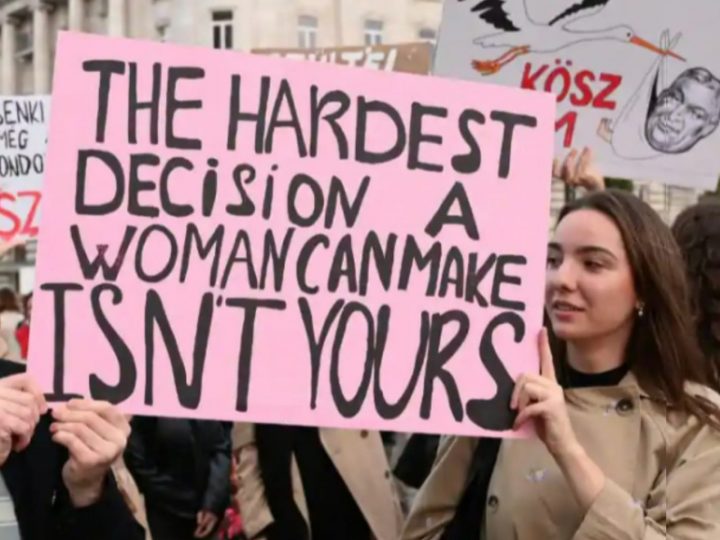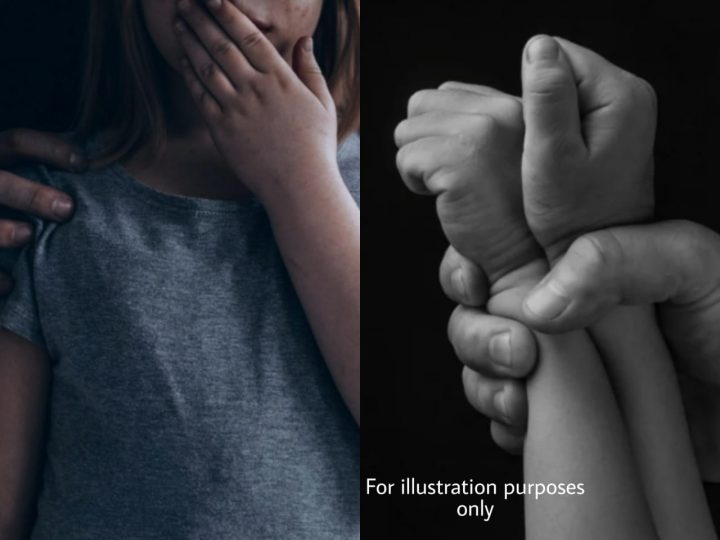Indian Supreme Court Amends Law To Allow Unmarried Women To Get Abortions Up To The 24th Week
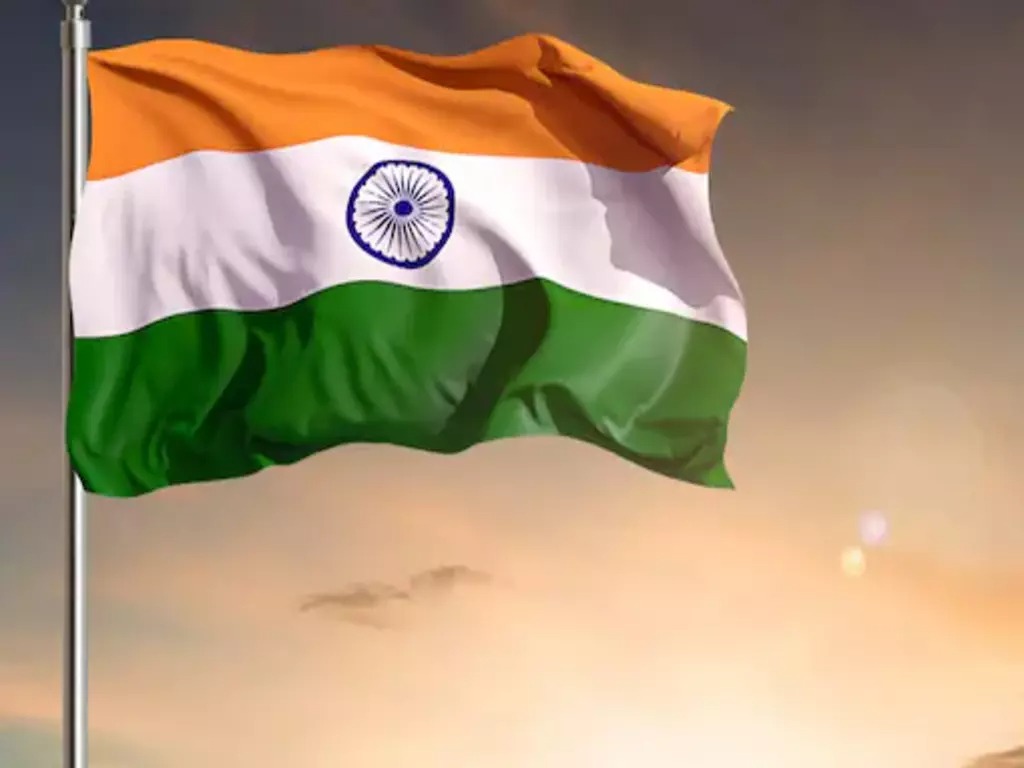 Thirsty for JUICE content? Quench your cravings on our Instagram, TikTok and WhatsApp
Thirsty for JUICE content? Quench your cravings on our Instagram, TikTok and WhatsApp
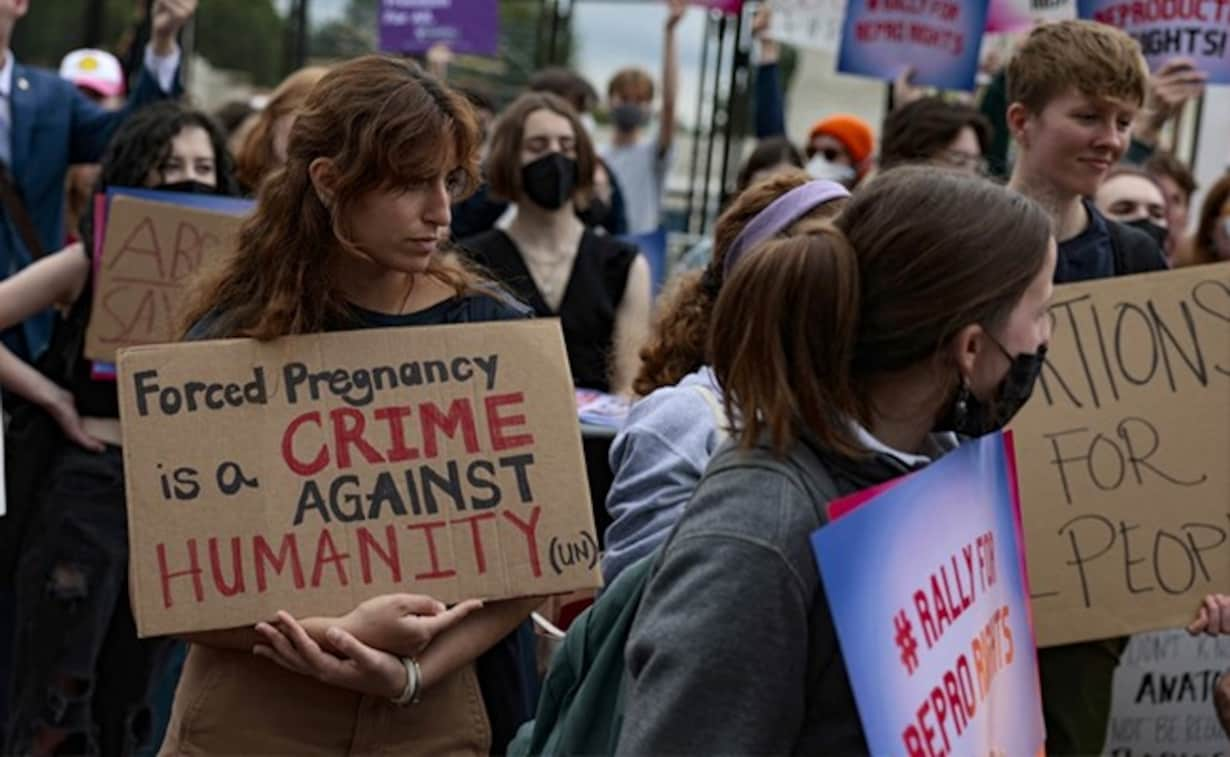
As per the Supreme Court of India, all women, regardless of marital status, are now permitted to undergo an abortion up to 24 weeks.
The court’s decision followed a request for clarification regarding the 2021 abortion law amendment, which identified many groups but did not include single women among them.
The court ruled that every woman has the right to a safe and legal abortion, even if she is single. It stated that it would be “unconstitutional” to exclude unmarried women in consensual relationships from these rights.
India has had a severely imbalanced gender ratio despite the fact that abortions have been legal there since 1971.
Indians have historically preferred sons to daughters as children, based on the old-fashioned notion that sons would remain in the family and care for the parents as they aged, while daughters would leave them for their future husbands and cost them dowries.
As a result of the millions of female foetuses that have been aborted over the years, the government has put rigorous restrictions on who is allowed to terminate a pregnancy.
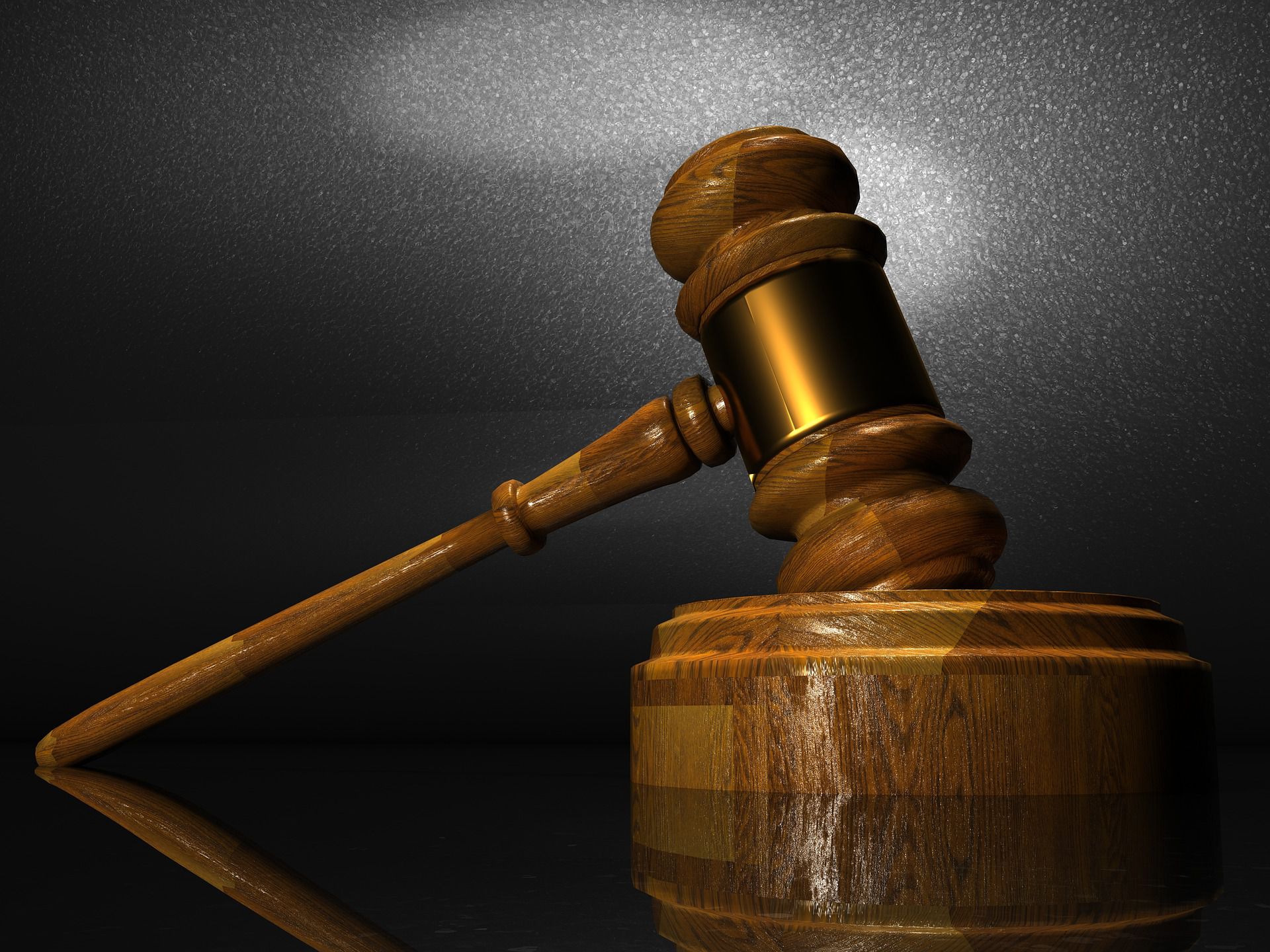
Under the new law, the opinion of one abortion service provider is required up to the first 20 weeks of gestation.
The list of women entitled to receive abortions now includes pregnant married women whose marital status had changed during the pregnancy, minors, women with mental disorders, women carrying severely abnormal foetuses, and rape victims.
The bench, comprising of Justices DY Chandrachud, AS Bopanna and JB Pardiwal noted that a woman’s marital status could not serve as grounds to deprive her of the right to abort an unwanted pregnancy.
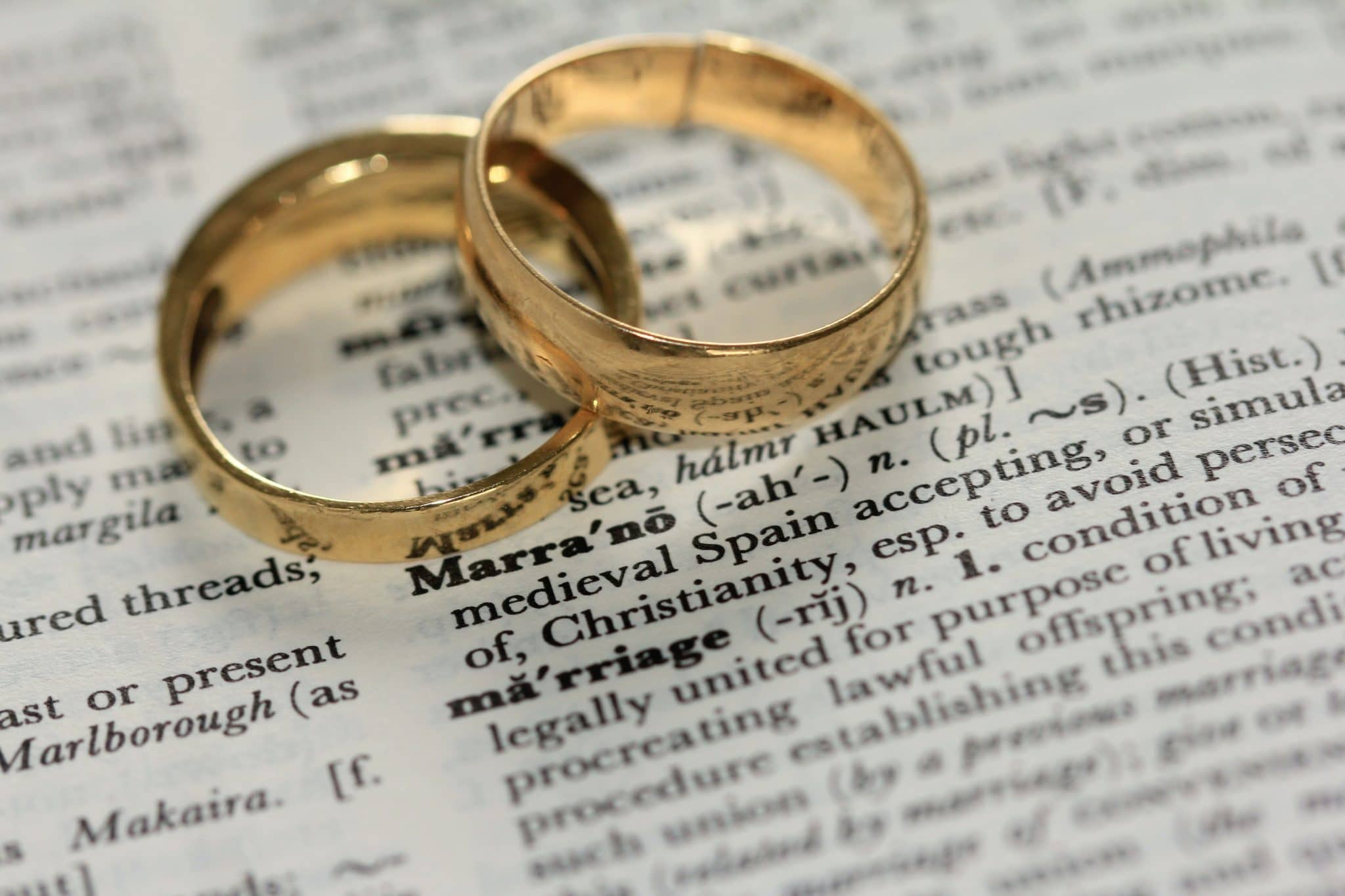
Currently, marital rape is not a crime in India. Sex “by a man with his own wife” that is not a minor is not considered rape under existing regulations.
The Delhi High Court issued a divided verdict in May in a petition aiming to repeal the British statute, with the two judges holding conflicting opinions.
The Supreme Court is now hearing the case.


 Get Audio+
Get Audio+ Hot FM
Hot FM Kool 101
Kool 101 Eight FM
Eight FM Fly FM
Fly FM Molek FM
Molek FM